Stories of Women from Egypt: Fadya, the Brotherhood Mother
August 6, 2013 | Rana Kamaly 1At a large family gathering everyone was doing what they did best these days; mocking former President Mohamed Morsi and his Muslim Brotherhood members. Everyone except one old lady; Fadya*.
* Fadya’s name was changed to protect her identity.
Her smile wasn’t there, she was shaking her head in disappointment as she repeated, “They destroyed their chance. They destroyed a chance that many sacrificed their lives for. They made people hate them. These are not the real Muslim Brotherhood.”
When I got some alone time with her I asked her, “What’s going on? Do you support those people?”
Her face wrinkled as she hid the need to cry, “No, I don’t; not those ones anyway. This is going to be really painful, but I am going to tell it once and for all, I am tired of people asking me why I have sympathy for the Brotherhood,” Fadya said as she readily started to pour her heart out. “I have seen the worst days of my life because of them, but yet I have to believe that it wasn’t all for nothing, or at least not all for something as horrible as this.”
Fadya is 72 and has a wrinkly, bronze face that reflects her kindness and a timeless elegance. Her mother, Badrya, had a small but strong body and a bronze complexion. Like Fadya, she was affectionate, giving and strong. She wore a black, medium length dress with a sheer veil covering her hair.
Badrya got married at 16, moved from Monoufeya to Cairo and gave birth to three kids before her husband died when Fadya was two, leaving her with the monthly yield from their small land as the only income available.
“My mother was forced to take care of three kids in a city where she didn’t have anyone to rely on, but she did everything humanly possible to maintain our middle-class standard,” Fadya continued with pride.
“At the age of 18 my brother, Ibrahim, joined the Brotherhood, at the time Hasan El Banna was the leader,” Fadya recounted. “At first him and his friends joined for the fun part of the Brotherhood, as they used to hold nice camps and trips; so it was more for the sense of belonging and support that the Brotherhood offered at the time.”
“My mom was very happy that he joined a nice, religious group and didn’t end up an addict or something and she saw how happy he was,” recounted Fadya. “Ibrahim and his friends were very moderate. He never commented on our outfits, even though we were never close to being veiled. He was a very kind and loving son and brother,” Fadya says.
In 1952, when the government started arresting Brotherhood members, Ibrahim started to collect money to help the families of the prisoners.
He had a one-year-old daughter when he was arrested for his efforts in helping the prisoners’ families and being part of the now-shunned group.
“I was 12 when they came to take him, it was dark and everyone was sleeping. People used to call them ‘the dawn visitors’ as they always came at dawn. They knocked hard on the door so I knew they were coming for him. Naively, I ran to tell him to run and hide or jump to our neighbors’ balcony. He kissed me on the forehead and I ran to see my mother. My mom opened the door as I clung to her nightdress. They pushed the door and came in asking for Ibrahim, so I cried, ‘He is not here.’ They started searching and I began crying hysterically when one of them coldly told me, ‘he will be back.’ But my brother was brave, he came out and calmly asked them to give him a minute to prepare his bags. I continued crying and screaming but he hugged me and said, ‘don’t be afraid I will be back,” Fadya recounted.
He stayed in the army prison where no one was allowed to visit him; it was only known for brutal torture. He received a military trial and was sentenced to 10 years without any concrete charges, Fadya explained as she sobbed, “he was brutally tortured.” She saw scars on his back that lived with him forever.
He moved around from prison to prison across Egypt and Badrya travelled across to visit him frequently with everything he needed.
Ibrahim’s wife refused to visit him, but also refused to get divorced, despite him offering one.
“We were all devastated knowing the amount of pain he was in. My mom ran around from here to the countryside to collect the rent and buy him and us everything we needed,” she said.
“It always felt like my heart was taken from me, my man, my brother, was gone. And for no reason that I could understand. But I had to live with the fact that he was gone. And there was no one to hate here, I couldn’t hate the army, I wasn’t allowed to as we were a very patriotic family,” Fadya recounted.
“I got married when I was in my third year in Cairo University’s faculty of science and my brother blessed our marriage, but it was a very sad marriage as he wasn’t there to give me away and I couldn’t stop tears from running throughout the event despite how much I loved my husband,” Fadya recounted. “Even though my brother was in prison and my mom’s heart was breaking, she insisted that we hold a small party to make me happy.”
Three years later Ibrahim was released and he went back to his wife and daughter who was in high school at the time, only to be taken away shortly after one month before his wife was due to give birth to a twin and was sentenced for five years in prison.
By then the Brotherhood had changed a lot; there were many unexplained incidents that they were most likely responsible for and Ibrahim sensed that and just wanted to spend the time he had with his family and not to deal with all the chaos in the Brotherhood. “I knew it was hard for him to be leave the Brotherhood but just wanted to be at peace and with his family. But he was still arrested,” Fadya says.
This period saw a series of arrests, so Badrya started collecting money for the imprisoned men’s families, Brotherhood-affiliated or not.
After a few months of doing this, “The police came for her and took her too. By then I was pregnant with my second kid,” Fadya says.
This was the breaking point for Fadya, her brother and her mother, her biggest support, were jailed. “She was my helper, she took care of my son while I was at work and did everything with me. So in a minute of desperation I went to the doctor and asked him to terminate my pregnancy. Thank God the doctor refused,” she said.
Badrya stayed in prison for five months.
Four years later, Ibrahim was released and settled down with his family, everything was peaceful legally but family problems were at the peak due to his long time away from the family. His relationship with his daughter was troublesome because they couldn’t communicate or understand each other.
Now Fadya’s son is a liberal architect son and her daughter a professor.
“My son always says that his uncle was very moderate, and pushed him to get a better understanding of religion and read to all different writers to be able to have a more global understanding,” says Fadya.
In this past elections “I voted for Morsy in the second round, out of fear that Ahmed Shafiq would imprison the Brotherhood and have their families go through what we went through. Even though I am a 100% certain that what those people believe in now is far from what my brother stood up for. But still, the Brotherhood is to me a symbol of what my brother was taken fighting for; I can’t believe how much they changed.”
“What happened? I am confused. I have great respect for the mother and brother that fought all the injustice without anger or hatred, but with love, peace and harmony. I think this time changed in every way,” Fadya sighed.
“Now I live in fear. Whenever there is a religious discussion I hear that hard knock on the door. Fear became my life companion,” she concluded.
Read more from our Stories of Women from Egypt here:
Tags
Culture-
I cant say who she really is to me, out of respect for her wishes… But lets say i would be very proud if she was my grand mother

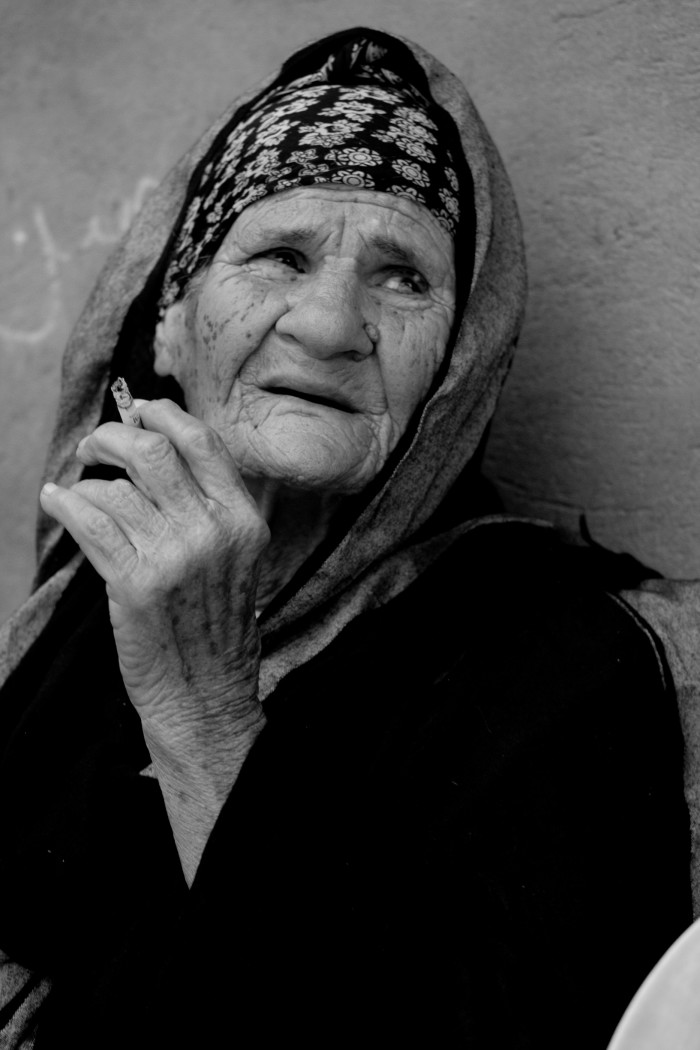
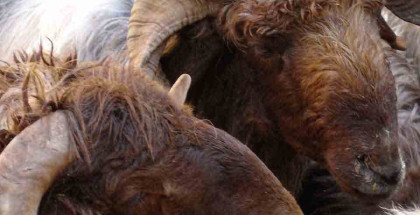

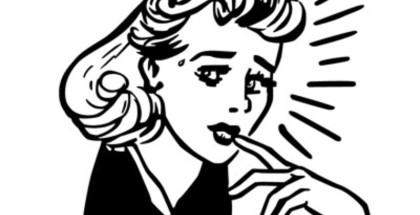
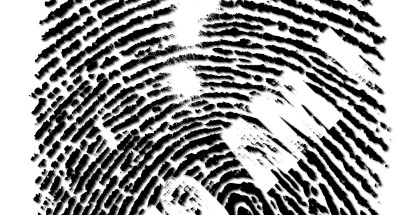
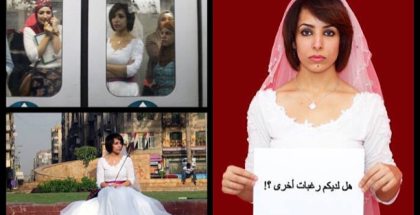

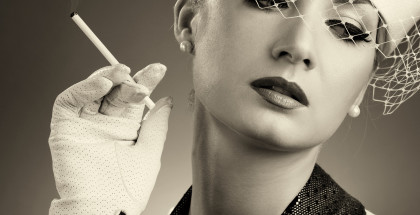
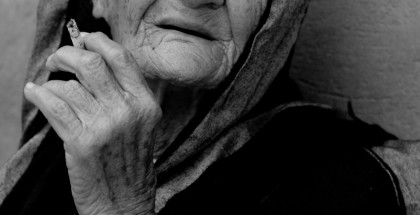
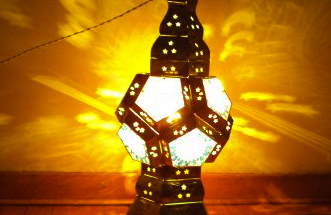
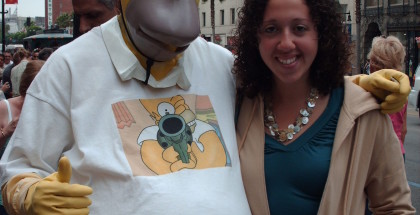
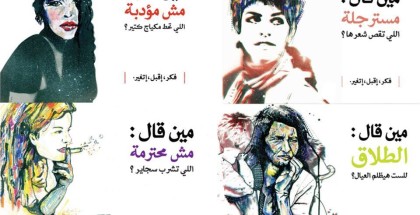
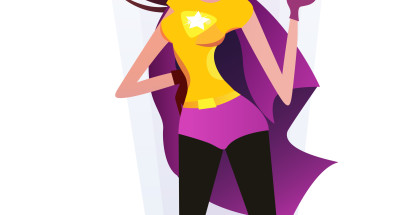













Comments